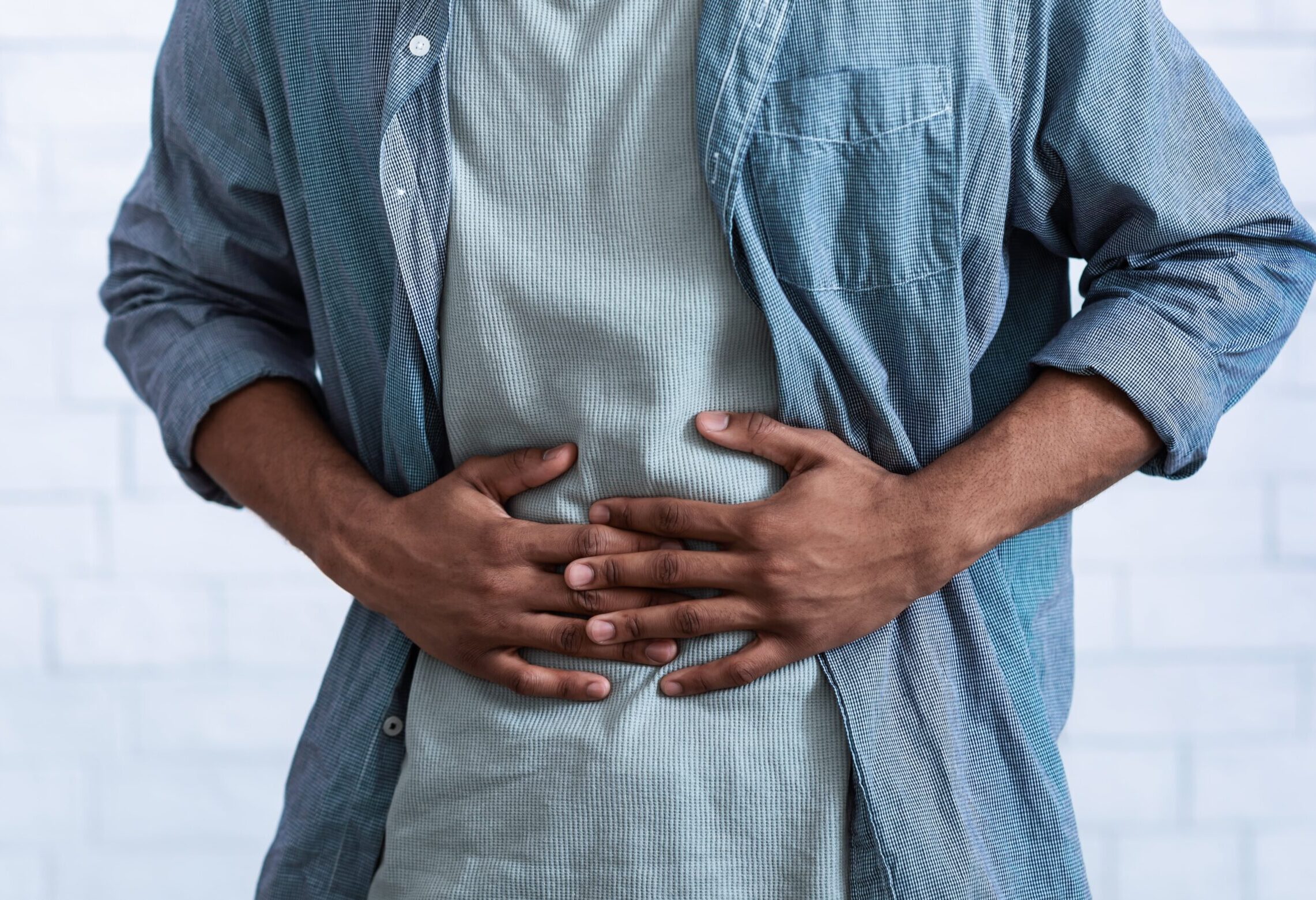
The study investigated whether people who had cancer during childhood are at increased risk of developing colorectal cancer later in life. The goal was to find out whether certain cancer treatments influence this risk, and whether some survivors could benefit from more targeted or earlier screening.
Lay Summary of the Study
What did the study want to find out?
The international study PanCareSurFup Study, which includes data from Switzerland, investigated whether people who had cancer as a child were more likely to develop colorectal cancer (cancer in the colon or rectum) and whether cancer treatments influenced this risk.
Why is this important?
Although cancer treatments are designed to destroy cancer cells, they can also affect healthy tissue. This can contribute to an increased risk of developing another tumor, for example colorectal cancer.
Understanding which treatments influence this risk can help identify survivors who may benefit from earlier screening examinations, ensuring good follow-up care.
What did the study do exactly?
Among almost 70’000 childhood cancer survivors, the study found 143 who developed colorectal cancer in adulthood and compared them with 143 very similar survivors who did not. They investigated which cancer treatments affected the risk to develop colorectal cancer later in life.
What did the study find out and what does this mean?
The overall risk of colorectal cancer was low for most childhood cancer survivors. Among those with radiotherapy to the abdomen or pelvis, fewer than 0.3% developed colorectal cancer by the age of 40. This risk is comparable to that of individuals aged 50 in the general population.
In Switzerland, screening programs for colorectal cancer are recommended for everyone over the age of 50. While most survivors of childhood cancer do not develop colorectal cancer, it maybe worth discussing with your physicians whether screenings would be beneficial for you, particularly if you received radiotherapy to the abdomen or pelvis. Please consult your physician if you experience symptoms like blood in the stool, changes in bowel habits, and recurrent abdominal pain.
Adopting a healthy lifestyle can also lower the risk of colorectal cancer. This includes maintaining a balanced diet, staying physically active, and avoiding habits like smoking and excessive alcohol consumption.
Reference: Heymer, E. J., Jóźwiak, K., Kremer, L. C., Winter, D. L., de Vathaire, F., Sunguc, C., Sugden, E., Kok, J. L., van der Pal, H. J. H., Hjorth, L., Jakab, Z., Maule, M. M., Haupt, R., Bagnasco, F., Terenziani, M., Diallo, I., Gunnes, M. W., Sommer, G., Zadravec Zaletel, L., Kuehni, C. E., … Teepen, J. C. (2024). Cumulative Absolute Risk of Subsequent Colorectal Cancer After Abdominopelvic Radiotherapy Among Childhood Cancer Survivors: A PanCareSurFup Study. Journal of Clinical Oncology, 42(3), 336–347. https://doi.org/10.1200/JCO.23.00452
You can find the full article in English here.
Contact:
Prof. Dr. med. Claudia Kuehni (claudia.kuehni@ unibe.ch)
Grit Sommer (gritti.sommer@unibe.ch)
Here you can download the lay summary:
